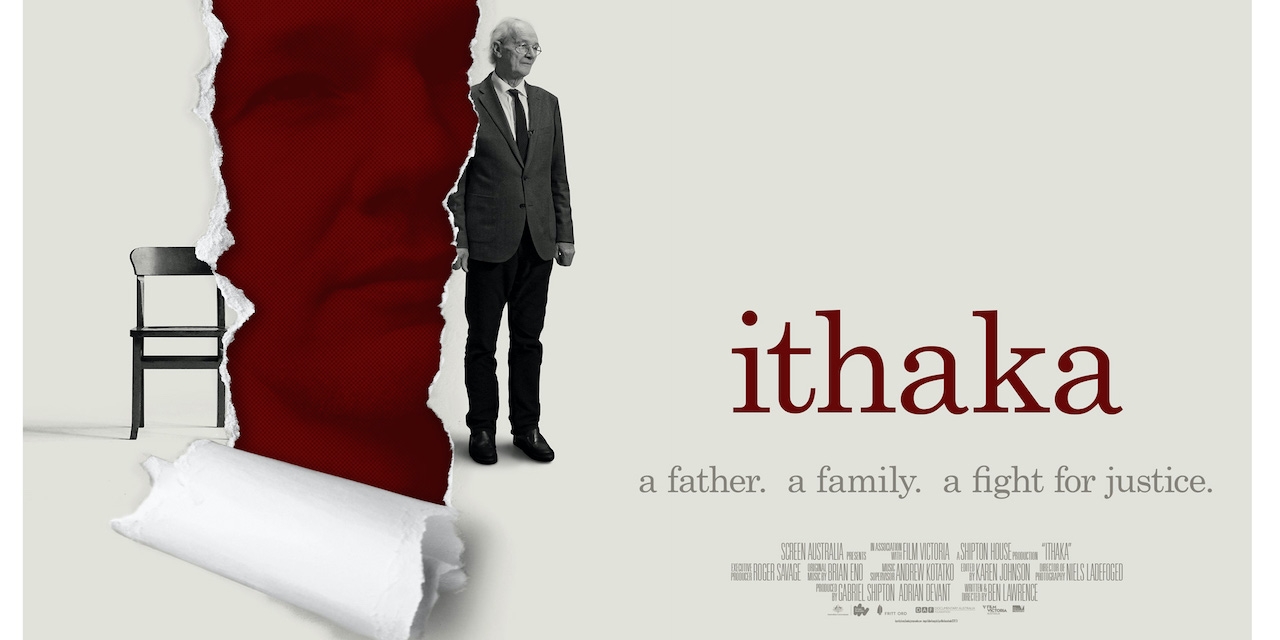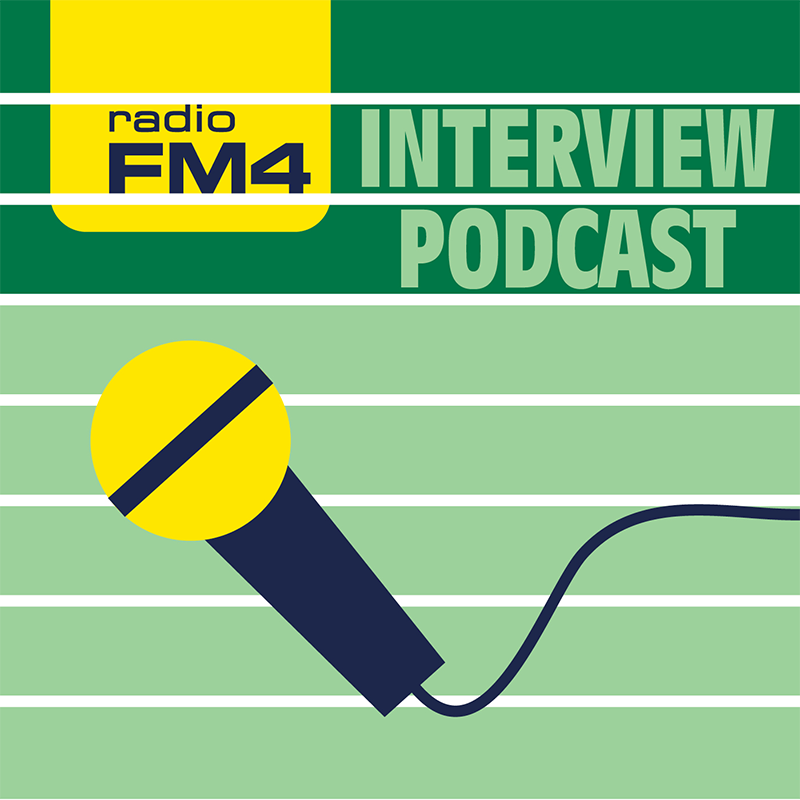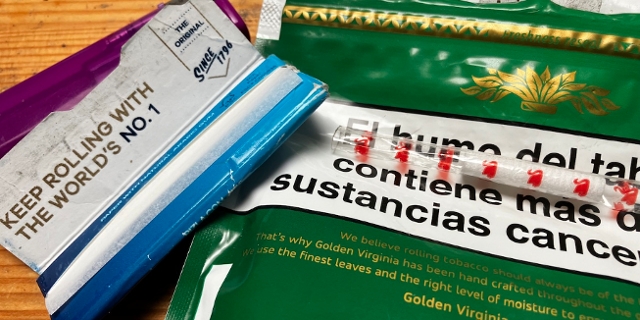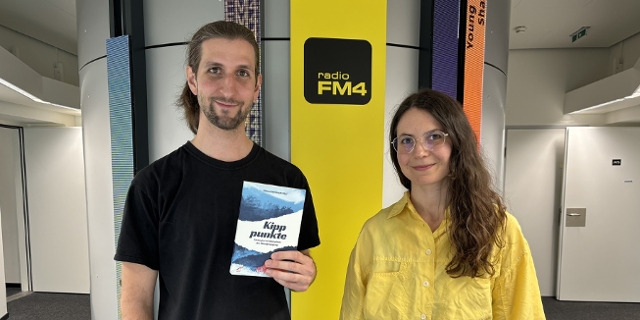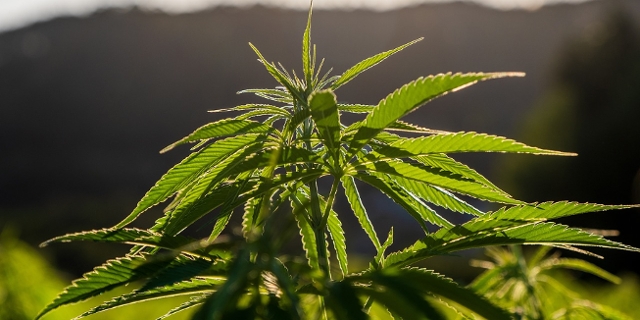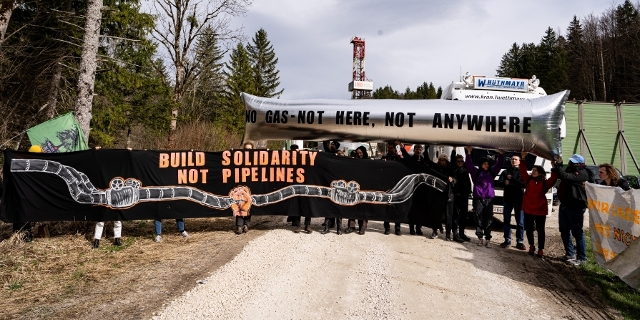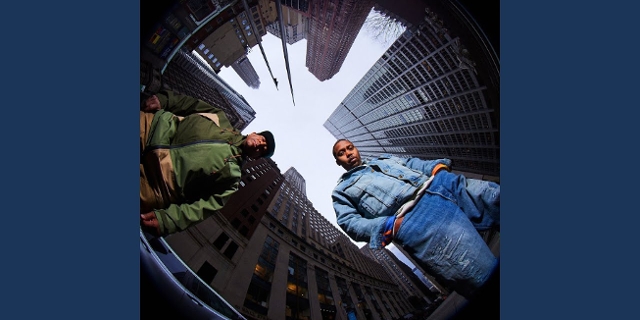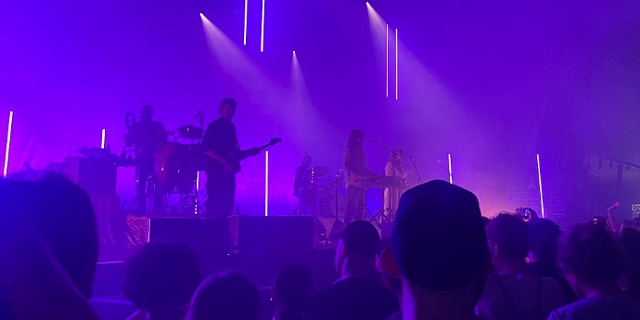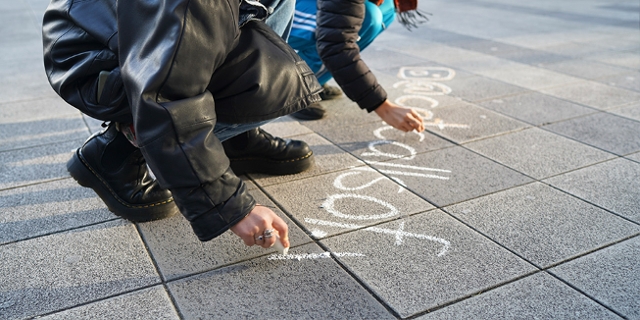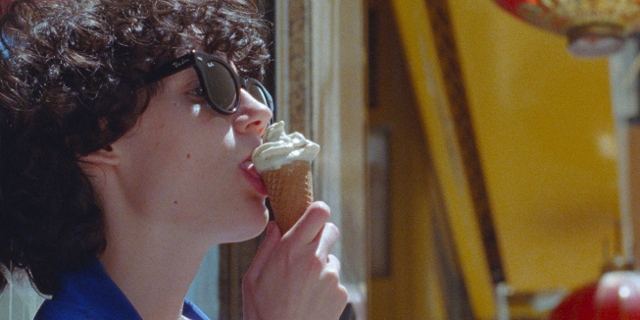„You’re sending all of journalism to prison“
A new documentary called Ithaka which follows the campaign to free WikiLeaks founder Julian Assange has been released in selected Austrian cinemas this week. It is a moving and intimate portrait of the struggle of his shy, awkward father John Shipton as well as his exasperated legal counsel turned wife Stella Moris. They are both are battling against the British authorities to stop him being extradited to the USA, where he faces espionage charges that would put him in a supermax prison for a maximum sentence of 170 years.
It occurred to me when watching the film that it is important that we re-iterate what this trial is about, because a lot of water has been muddied since the alleged “crime” he has been charged with took place.
Julian Assange is only charged with the publication of one collection of dossiers in 2010 that WikiLeaks made available to the Guardian, the New York Times, Der Spiegel, Le Monde and El País. This process allowed journalists to hide names that would endanger innocent individuals. Assange has been handed the files by intelligence analyst Chelsea Manning. An Obama-era investigation found no evidence of harm to any individual because of the publications, but Assange has still been charged with espionage.
An Embarrassing Leak
Wikileaks has undoubtably caused the US much embarrassment, but causing governments to be embarrassed is less an offense and more a journalistic duty. “Julian and WikiLeaks and Chelsea Manning outlined crime after crime, after crime after crime,” John Shipton tells me when we meet in Vienna.
John is an interesting character; he has a warmth in his manner but avoids eye contact when he speaks, and is prone to streams of consciousness about government mendacity that stray into conspiracy theory territory. And he is a worried man, he frets about his son’s mental and physical state while in prison: “He’s allowed an occasional telephone call, never, never longer than 10 minutes or so. And his family can visit him up to twice a week,” John reports. “He’s not the best.”
A Suicide Risk
Julian Assange’s extradition from Britain to the United States has so far been blocked because psychologists point to a significant suicide risk. As he fights his case, the WikiLeaks founder is incarcerated in London’s infamous Belmarsh prison. “The jail itself is a maximum-security prison, and it holds terrorists, murderers and others,” John tells me. “Julian is a publisher. He has never committed an offence. I don’t think he has ever had even a parking ticket."
That’s why it is important to remember what he is on trial for.
Julian Assange has suffered a significant reputation nose-dive since he fled a sex assault investigation in Sweden in 2012 and hid in the Ecuadorean embassy in London. The case was eventually discontinued, we’ll never really know what happened. In the eyes of the law, we are all innocent until proven guilty. But in the court of public opinion, particularly in this post-#MeToo world, the mud has stuck.
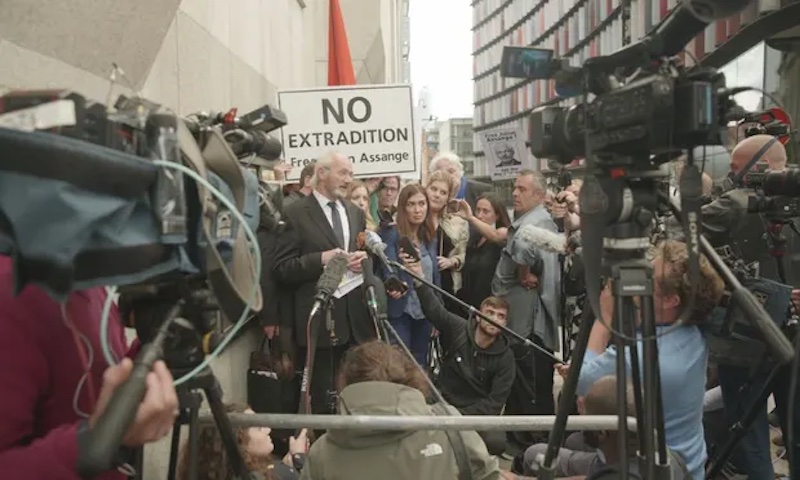
Shipton House / ABC / Film Victoria / Screen Australia
Muddied Water
John, unsurprisingly, blames the US secret services. “It is their habit to smear people, usually with sexual allegations. Julian has faced the most furious hatred, the most deliberate malice, and the most scurrilous campaign of lies, smears and mobbing.”
Media reports of high-handed behaviour during his stay in the Ecuadorean Embassy chipped away at Julian Assange’s support base and he lost many allies on the left when WikiLeaks published Democratic party emails in the middle of the 2016 US presidential election campaign. Had he helped usher in the era of Donald Trump?
Democratic Rights
But he is not on trial for any of these past 2010 activities and, again, embarrassing Hilary Clinton is no crime. It’s true no-one is under any obligation to like Julian Assange. But this is not about whether we want to go for a beer with him, it is about whether and man (or woman) should be jailed for revealing awkward uncomfortable truths. In western democracies we are supposed to have rights and his supporters says these have been trampled over.
For example, the film Ithaka shows footage of Julian Assange in his rooms in the Ecuadorean Embassy. These CCTV cameras were filming Assange and Moris without their knowledge, even when they met their lawyers. This alone should mean the case against Assange should be thrown out of any self-respecting court, says independent journalist Richard Medhurst:
“His case is just extremely bizarre, not just because of the premise that a journalist is being tried with under the Espionage Act. But the irregularities in the case, you know, Assange being spied on in the embassy. How can you have a fair trial if they’ve been spying on your conversations with your lawyers? You know? A parking ticket would be thrown out, never mind an espionage case.”
Holding Our Judiciary Accountable
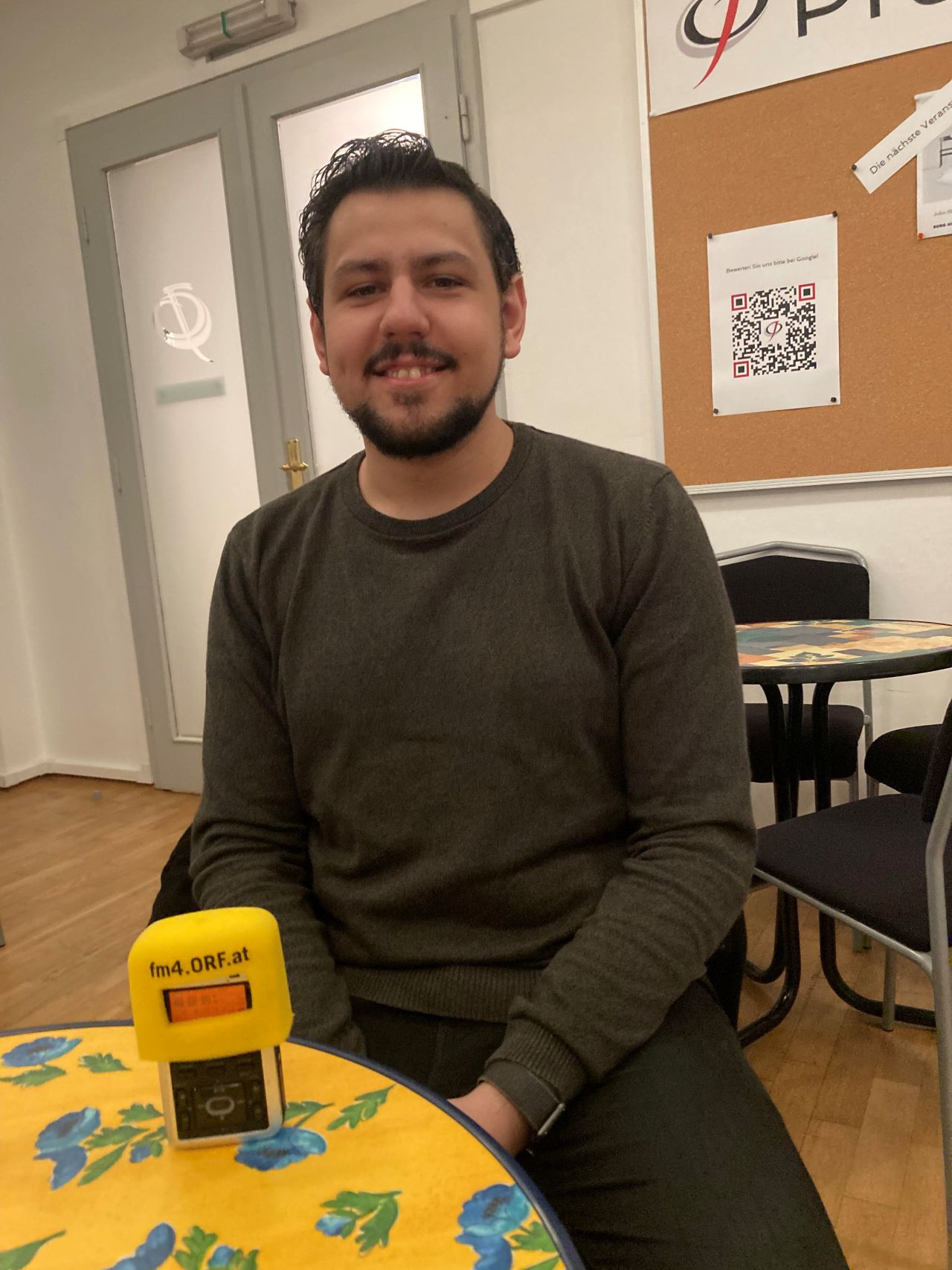
Chris Cummins
Medhurst, a British journalist with Syrian heritage, was drawn to the case because he saw it as an injustice. “You have a journalist who is essentially being I wouldn’t say prosecuted but persecuted in central London, you know, in what is supposedly a democracy,” he tells me. “As a journalist myself, I have a duty to hold my government accountable, to hold our judiciary accountable.”
But more than that, he argues, it is about a big power throwing its weight around to punish a journalist for airing its dirty laundry in public. “Accusing a journalist of espionage is the textbook authoritarian attack on a free press.”
An Image That Defined A War
In 1972 the photo of "Napalm Girl’’ depicting nine-year-old Phan Thi Kim Phúc running from a South Vietnamese airstrike shocked the world and became a defining image of the Vietnam War. We owe that image to a brave press photographer; and it was one of the defining anti-War images for my father’s generation. But for my generation perhaps the defining image of the War on Terror was graphic video, leaked by Wikileaks in 2010, but that was recorded in July 2007.
This horrifying video shows a group of civilians being strafed by gunfire from a US Apache helicopter. Several were killed including two Iraqi journalists employed by Reuters. It seems their cameras were mistaken for guns. The video is accompanied by the military’s audio transmissions. “All right, haha, I hit ‘em”, one crewman shouts. Another replies “Oh, yeah, look at those dead bastards”.
It is that sort of image that shows us how a flawed-US foreign policy was carried out in Iraq, with apparent disregard for civilian life. And the scars of that military adventure are being felt today; instability and trauma abound. John Shipton speaks of this in rather poetic terms. “If you look at the sky over the Middle East, you see a thundercloud of grief, bleak and black. Waiting to fall upon the Earth.”
„We must be able to witness our governments’ actions“
The video published by WikiLeaks helped change our understanding of what was happening in Iraq, argues Richard Medhurst. “We knew there was a bloodbath, to put it mildly, on that day in 2007 in Iraq,” he told me. “But when the video came out and we had the audio, we had the footage, it completely changed the story. The public being able to witness what their governments are doing is so important. It changes it from just a statistic and brings it into a new light. And people can appreciate and understand why these crimes are so vicious. And they are truly vicious.”
He is very worried by the implications of this case. “In the United States, under the First Amendment, you don’t need some special certificate to publish journalistic works. You don’t need to be employed at a news publisher to publish documents. You have a right to free speech. And free speech protections in the US are supposed to be the strongest in the world.”
So, he argues, the US is undermining the right to a free press at home and abroad. “If you send Assange to prison,” he argues “You’re sending all of journalism to prison. You’re attacking the whole press. And like I said, it sets an extremely dangerous precedent. And everyone who lives in a democracy or who appreciates having a free press should be up in arms about this case.”
What If This Was About The Russian Military?
The big question in my mind while watching Ithaka was this: Had an international journalist published leaked documents pointing to Russian atrocities in Ukraine, how would we feel in the Kremlin tried to extradite that journalist?
“We would celebrate it,” says Richard Medhurst. “We’d love it because it would be embarrassing, it would be humiliating for the Kremlin. And if Julian was being prosecuted by the Chinese or by the Russians, then you’d be viewed as a hero in the West. And I think this is sets a very dangerous precedent. This is opening the door to a lot of future governments adopting this template and then, you know, extra-territorializing their own laws overseas.”
Publiziert am 19.10.2022







